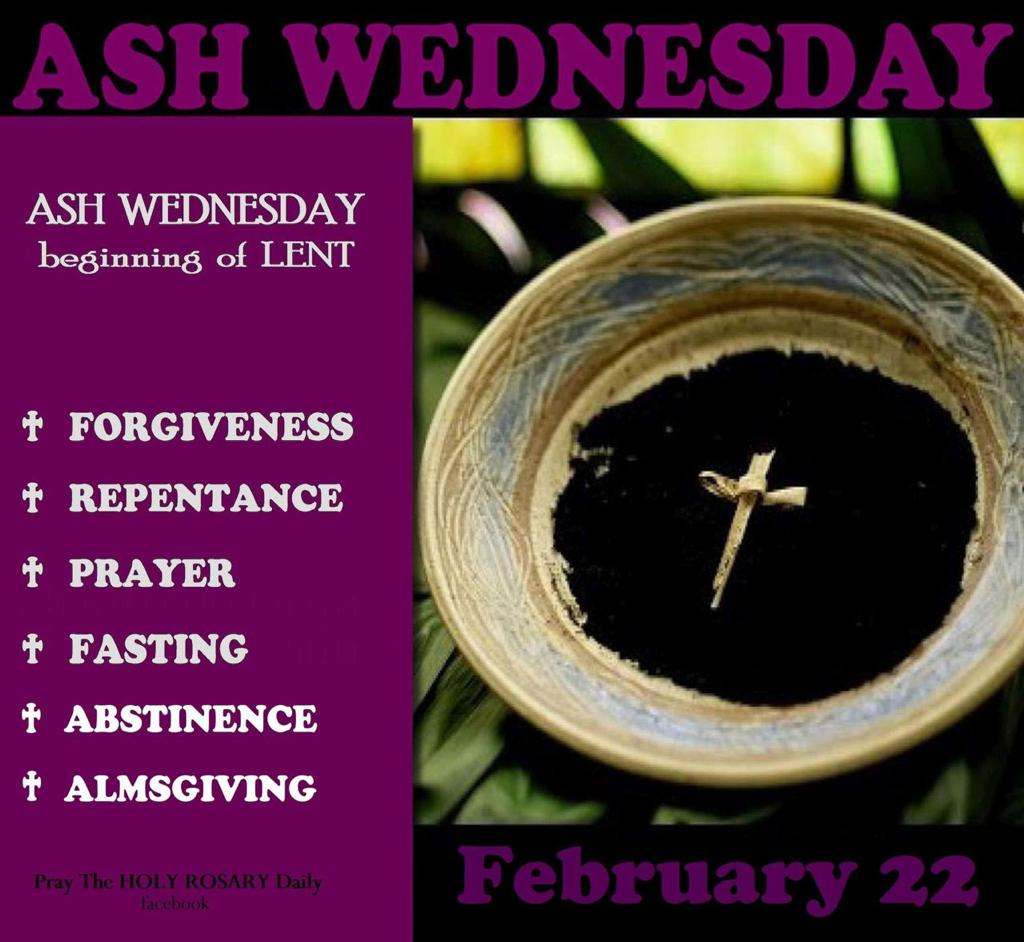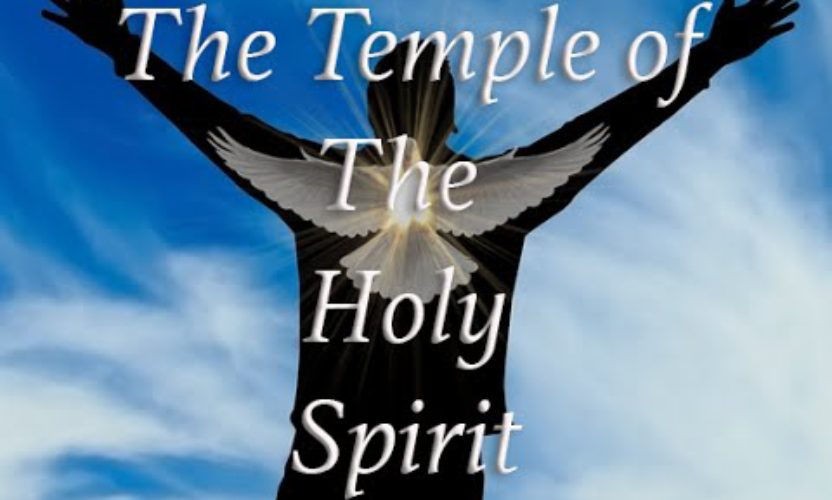Meditation
for Friday after Ash Wednesday
(Is
58:1-9; Mt 9:14-15)
In our meditation today, we see a beautiful link between
fasting, almsgiving and prayer as given in the first reading. The prophet
Isaiah describes fasting as a way to make our voices heard on high. It becomes
a ‘silent loud cry’ offered up to God through self-denial. Thus, fasting is
invocative. It is expected that God will quickly respond to such a humbled
contrite heart. The prophet laments that there are actions that act as
soundproof against the ‘loud cry’ of fasting. Such actions that can work
against our fasting include seeking pleasure, injustice, quarrelling.
According to prophet Isaiah, fasting becomes empty if it
does not incline us to righteousness. The Lord says, “Is not this the fast that
I choose: to loose the bonds of wickedness, to undo the thongs of the yoke, to
let the oppressed go free, and to break every yoke? Is it not to share your bread
with the hungry, and bring the homeless poor into your house; when you see the
naked, to cover him, and not to hide yourself from your own flesh?” This shows
that the authenticity of our fasting lies in its capacity to incline us to be prompt
to charity.
Once our fasting has disposed us to charity, the prophet
says, “Then shall your light break forth like the dawn, and your healing shall
spring up speedily; your righteousness shall go before you, the glory of the
Lord shall be your rear guard.” Now, the ‘silent loud cry’ has become prayer
answered; “Then you shall call, and the Lord will answer; you shall cry, and He
will say, Here I am.” That is why fasting enlightens our hearts and brightens
our countenance. It is only the hypocrites who look pale and draw pity by their
fasting.
In this Lenten season, we see how fasting, almsgiving and prayer
are connected. The internal strength generated through fasting inclines us to
charity, which attracts answers to our prayers. In our fasting this season, we
offer to God the ‘silent loud cry’ of our urgent need for divine intervention
in our lives and society. And as we practice almsgiving, our cry is heard; God
wipes away our tears. Amen.
Fr Jude Chinwenwa Nwachukwu, C.Ss.R
Saints Peter and Paul Catholic Church,
Tedi-Muwo, Ojo, Lagos.
Friday February 24, 2023.






